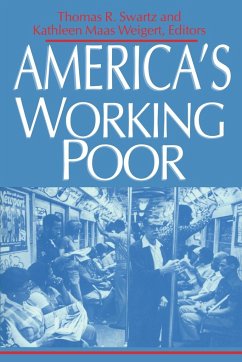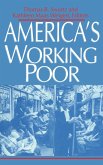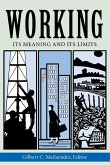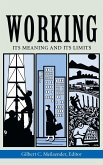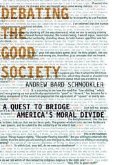With the erosion of the economic boundaries that once defined the American middle class, the United States seems nearer to becoming an economically dichotomous society of rich and poor. While this alarming economic trend has spurred much discussion in the political and economic arenas, the working poor-individuals whose incomes are insufficient to support either themselves or their families-have been overlooked in the current debates about poverty in America. As their numbers continue to swell, however, America's working poor can no longer be ignored. In this wide-ranging volume five economists, three sociologists, an ethicist, and an urban ethnographer examine the changing size, composition, and location of the working poor in the United States. Kathleen Maas Weigert sets the stage by providing a definitional context and overview of the problem. Elijah Anderson then puts a human face on some hard statistics by analyzing the shifting role of the heroic grandmother in the African-American community. Employing a unique data source based on the 1980 and 1990 censuses, John D. Kasarda answers the questions of who and where the working poor are and how their numbers have changed since 1980. Rebecca M. Blank and Rebecca A. London take an in-depth look at the working poor population as it has evolved over the past 15 years and offer a comprehensive examination of the policy options designed to address its shifting needs. Sheldon Danziger and Peter Gottschalk effectively debunk the myth that "anyone who works hard can get ahead in America" by arguing that uneven tides in the economic mainstream leave an increasing number of willing workers behind. Sandra L. Hofferth raises the important issue of child care for the working poor. James P. Sterba argues that the working poor have a right to welfare assistance, and finally, Thomas R. Swartz brings the topic into the current political arena by speculating about the consequences of the various welfare reform proposals that are currently making their way through Congress.
Hinweis: Dieser Artikel kann nur an eine deutsche Lieferadresse ausgeliefert werden.
Hinweis: Dieser Artikel kann nur an eine deutsche Lieferadresse ausgeliefert werden.

